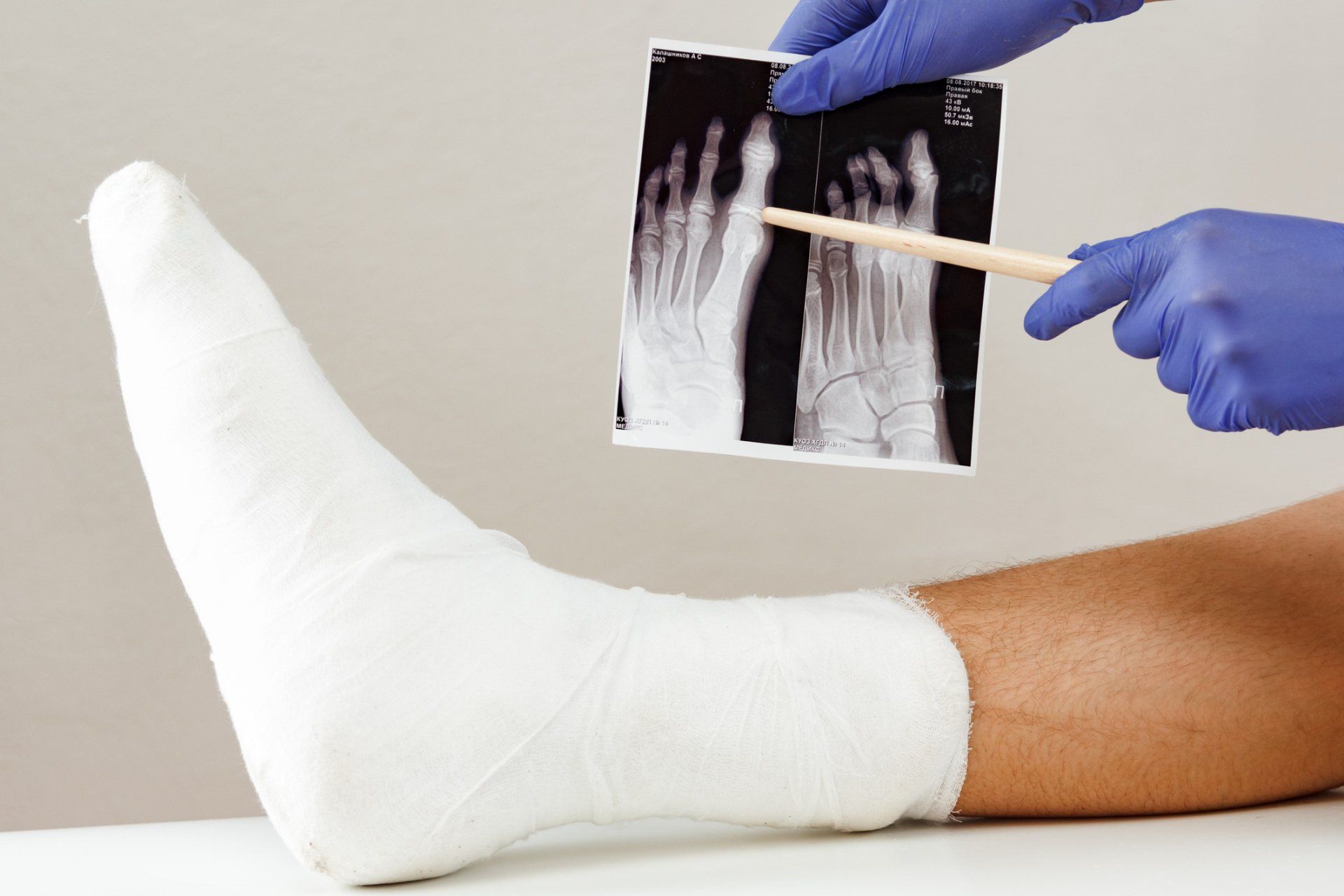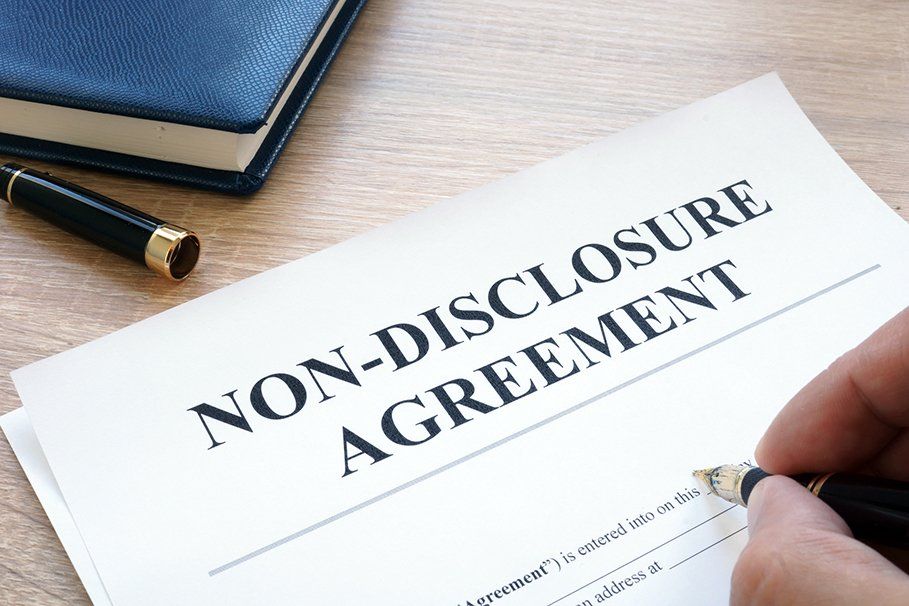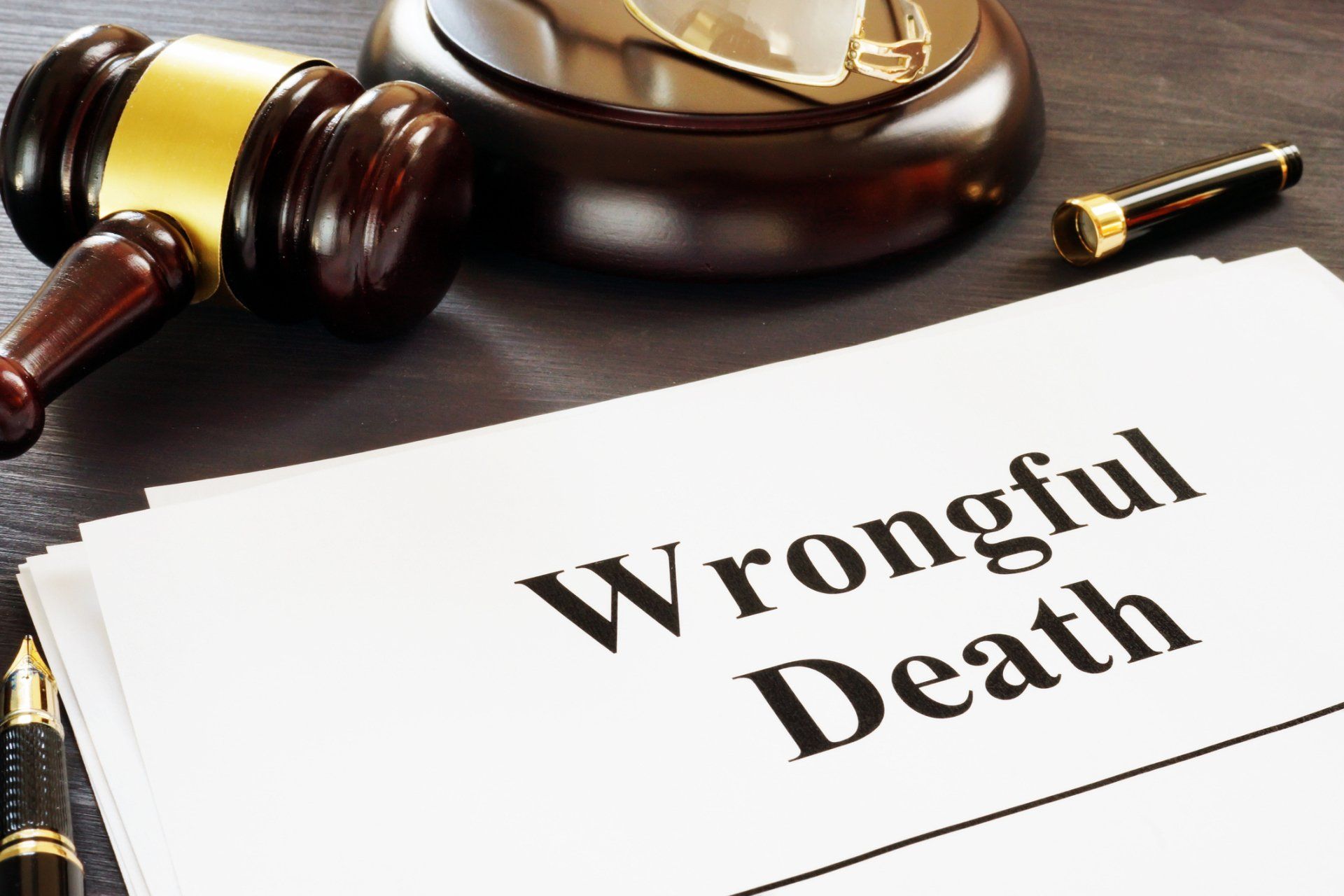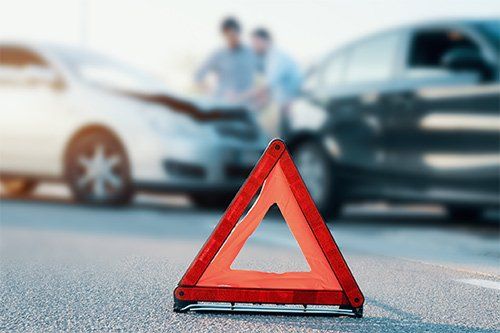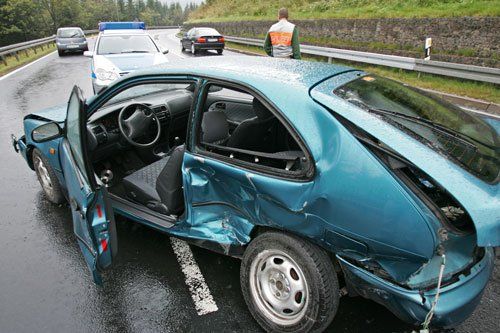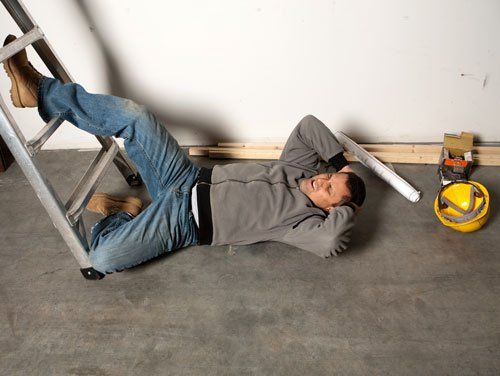4 Common Myths About Slip and Fall Accidents
- By websitebuilder@thryv.com
- •
- 08 Nov, 2017
- •

If you recently slipped and fell at a store or another business, you're not alone. Each year in the United States, about 1 million people head to emergency rooms following slip and fall accidents. When the accident happens on someone else's property and as a result of their negligence, you have the option to sue the property owner for damages.
Sadly, many people don't pursue a lawsuit because they've heard some untrue myths about slip and fall accidents. Here are four of those myths and the real truth they are masking.
1. There's No Reason to Sue if the Insurance Company Offers to Pay
After you are injured in a slip and fall accident, the property owner's insurance company will often offer you a certain amount of money as compensation. Many people believe that as long as the insurance company is willing to pay, there's no reason to sue.
The problem is that the insurance offer rarely covers all of the costs involved with your injury. If you accept the offer and later incur additional costs, you will no longer have the option to sue.
When you receive an insurance offer following a slip and fall accident, always speak with a lawyer before accepting the offer. They will evaluate the potential evidence and your costs to tell you whether or not filing a lawsuit is a smarter choice.
2. You Can't Sue if There Was a Warning Sign
Many people don't file a lawsuit because there was a warning sign when they slipped and fell - and they think the presence of the sign means the owner can't be found responsible for their injuries. It's true that a warning sign will make it harder for your lawyer to prove that the property owner was negligent, but it is still possible in some scenarios.
For example, if you were unable to see the sign, the sign was placed too far away from the slippery spot, or the sign was illegible due to excessive wear, you may still have a case. There is no law that precludes you from suing because a warning sign was present; your lawyer can tell you whether or not you still have a strong case in spite of the sign.
3. You Have to Appear in the Courtroom Frequently
Other accident victims avoid suing because they don't want to be rushing in and out of the courtroom for years on end. But the truth is, many personal injury cases are resolved out of court. The defense will make you a settlement offer in order to avoid going to court. Your lawyer and the defendant's lawyer will negotiate out of court to ensure you receive a fair settlement.
Even if your case does go to trial, you probably won't have to make numerous courtroom visits. Trials can last for weeks, but the majority are handled in a day or two. Your lawyer can handle a lot of the mediation and negotiation early in the case without you present.
4. If You Don't Sue Immediately, You've Lost Your Chance
You might figure that if you came home from the hospital, rested for a few days, and returned to work without mentioning anything about filing a lawsuit, it is too late. But while there is a time limit for filing a lawsuit, you don't have to act immediately. In California, you have two years from the date of the injury to go to court. Other states have similar statutes of limitations.
This is not to say you should drag your feet on the issue. It is best to see a lawyer as soon as possible after your accident so they can start collecting evidence and ensure your case makes it into court by that two-year mark. However, you should not let the fact that an injury happened several weeks ago stop you from taking legal action.
If you have been injured in a slip and fall accident, contact The Law Offices of Richard D. Hoffman. We'll evaluate your situation to let you know whether you have a strong case, and how much compensation you may be entitled to.

If you live in the city and the times of day you drive coincide with the times of day many others are also on the road, then you're going to be on the road during rush hour.
Automobile accident fatalities are significantly higher during evening rush hour traffic. If you have obligations that cause you to be on the road during rush hour traffic, then you should take some of the advice offered below to help decrease your chance of being involved in an accident.

If you think serious personal injuries only happen on the road or in dangerous places like amusement parks, think again. Many personal injuries occur at the places people often visit — for instance, at your local grocery store.
If you haven't considered the hidden dangers that can lurk in a grocery store, keep reading. We overview some of the most common personal injuries that occur in grocery stores and explain when and why you can hold the store responsible for your accident.
